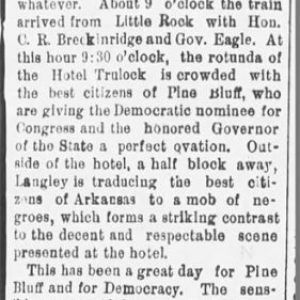 Langley and Clayton Campaign
Langley and Clayton Campaign
Gender: Male
 Langley and Clayton Campaign
Langley and Clayton Campaign
Langley, Isom P.
Lankford, George E.
 Bob Larkan Record
Bob Larkan Record
Larkin, Hill (Lynching of)
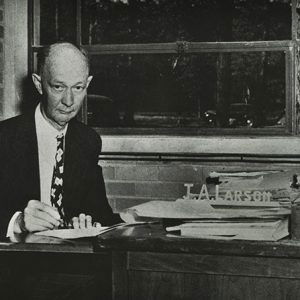 John A. Larson
John A. Larson
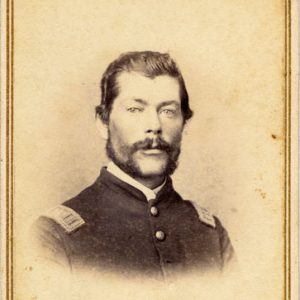 Mulford Latimer
Mulford Latimer
 Chet Lauck
Chet Lauck
Lauck, Chet
aka: Chester Harris Lauck
Lavers, Norman
aka: Cecil Norman Lavers
 Norman Lavers
Norman Lavers
 Jack Lavey
Jack Lavey
Lavey, John Thomas “Jack”
Lavy, Thomas Lewis
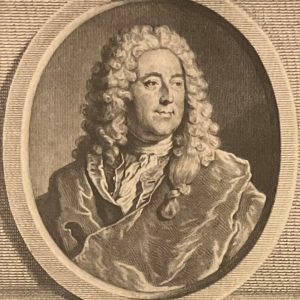 John Law
John Law
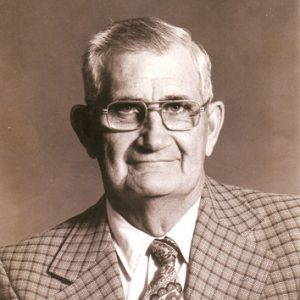 Jay Lawhon
Jay Lawhon
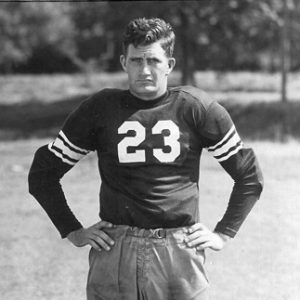 Jay Lawhon
Jay Lawhon
Lawhon, Jay Noal
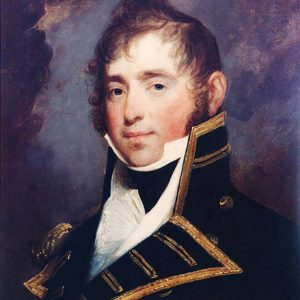 James Lawrence
James Lawrence
 Tracy Lawrence
Tracy Lawrence
Lawrence, Tracy Lee
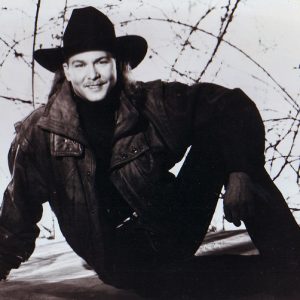 Tracy Lawrence
Tracy Lawrence
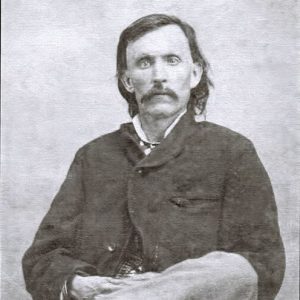 William Lawrence
William Lawrence
Lawrence, William M.
Lay, Henry Champlin
Leavy, Calvin James “Slim”
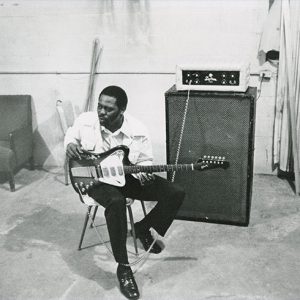 Calvin Leavy
Calvin Leavy
Lebow (Lynching of)
 Cal Ledbetter
Cal Ledbetter
Ledbetter, Calvin Reville (Cal), Jr.
Lee County Executions of 1881
Lee, Burwell
Lee, Clifton Phifer (Cliff)
Lee, Daniel Lewis (Execution of)
Lee, Haeng Ung
Lee, Hubert L.
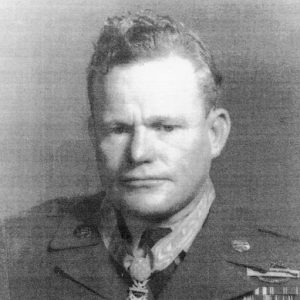 Hubert L. Lee
Hubert L. Lee
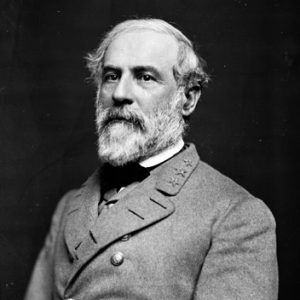 Robert E. Lee
Robert E. Lee
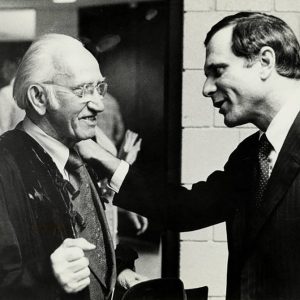 Leflar and Pryor
Leflar and Pryor
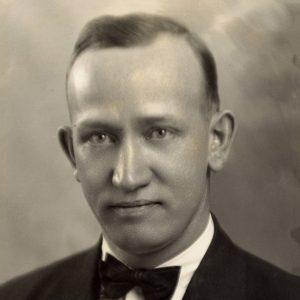 Robert A. Leflar
Robert A. Leflar
Leflar, Robert Allen
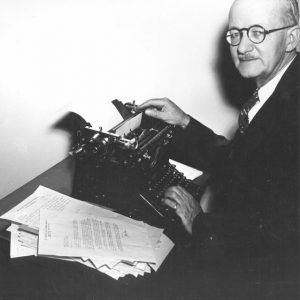 Walter Lemke
Walter Lemke
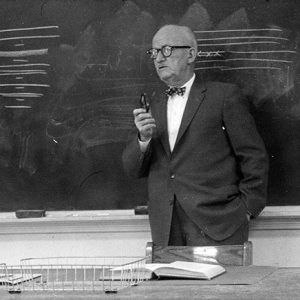 Walter Lemke
Walter Lemke
Lemke, Walter John
Lemley, Harry Jacob Jr.
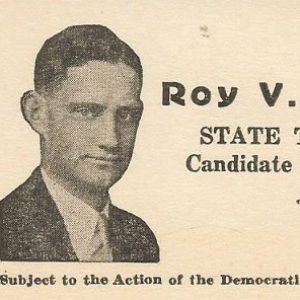 Leonard Campaign
Leonard Campaign




